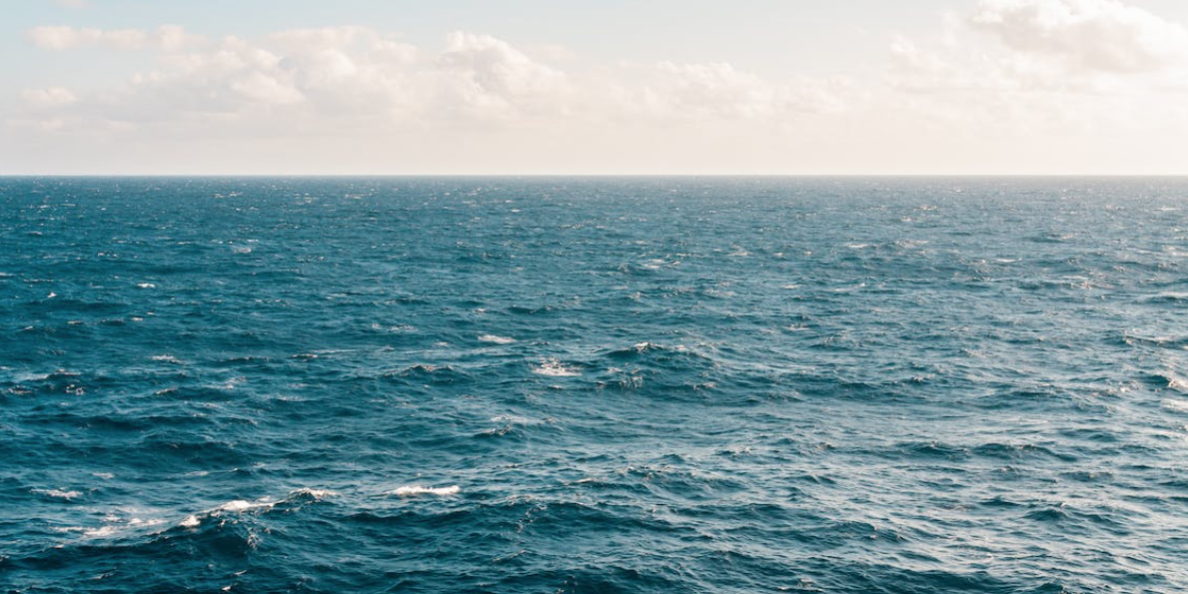University of Stirling researchers are taking the next steps towards using hemp seed as a sustainable protein source for Scottish salmon feeds, following the success of the first live trials.
Dr Monica Betancor, an Associate Professor in the Institute of Aquaculture, conducted a feasibility study last year to explore how hemp seeds could be integrated into the diets of farmed salmon in Scotland.
The team tested two types of hemp meal against a range of factors such as digestibility, fish growth, and the effect on gut health, finding that the ingredient had a comparable nutritional profile with soy and fishmeal – the most common protein sources for feeds.
A full-scale research and development project, which will include a two-month feed assessment, has now received more than £260,000 in funding from the UK Seafood Innovation Fund (SIF).
Dr Betancor said: “By conducting a two-month feed trial we hope to prove that hemp protein can serve as a direct replacement for soy in terms of digestibility, nutrition and growth. From what we have seen already, it has only had a positive impact on the salmon involved in our first trials.”
The next stage of testing involves monitoring how fish perform over the long term when fed hemp seed protein as part of their diet, with the project supported by the Sustainable Aquaculture Innovation Centre (SAIC).
The research team is aiming to understand the viability of hemp meal protein for commercial inclusion and to discover whether an optimum composition can be identified that delivers the best nutritional results for salmon, as well as testing secondary ingredients used as part of the feed.
Another element of the project will cover sustainability, identifying methods for hemp farmers, feed companies and seafood producers to measure the carbon footprint of the entire process.
Sarah Riddle, director of innovation and engagement at SAIC, said: “It is great to see the research team taking the development of a new plant-based feed to the next stages. There are opportunities here for new UK-based supply chains to emerge, reducing our reliance on imported ingredients and lessening the overall environmental footprint of aquaculture while increasing its economic contribution.”
Positive results
Suneet Shivaprasad, director and co-founder of Rare Earth Global, the industrial hemp growing company behind the initiative, said: “The first feasibility trial returned positive results for the viability of hemp seed protein as a core aquaculture feed ingredient, and we are now testing whether it could be included on a commercial scale. Further research will enable us to look at a range of other factors over a longer time period, with the aim of demonstrating that this novel protein can be a success.
“Locally grown, plant-based ingredients are already more environmentally friendly than any imported soy or fishmeal but our zero waste approach to growing it also ensures that every part of the hemp plant is used for maximum value. In this case, the seeds will be used as a protein source for aquaculture, while the stalks will be used for sustainable construction materials, bioplastics and bioenergy feedstocks.”
Up to two tonnes of hemp seed can be produced per hectare of the crop, and Rare Earth Global is working with a range of farming cooperatives and family run farms – including farmers in Scotland, Yorkshire, Lincolnshire and Hertfordshire – to develop the supply of the raw material throughout the UK.
Last summer, the UK Government published its Hemp-30 roadmap – a 10-year strategy to make industrial hemp a major UK crop. It is estimated to add around £700 million to the economy and sequester or displace one million tonnes of carbon dioxide each year.
Source: stir.ac.uk
Image: Pexels








